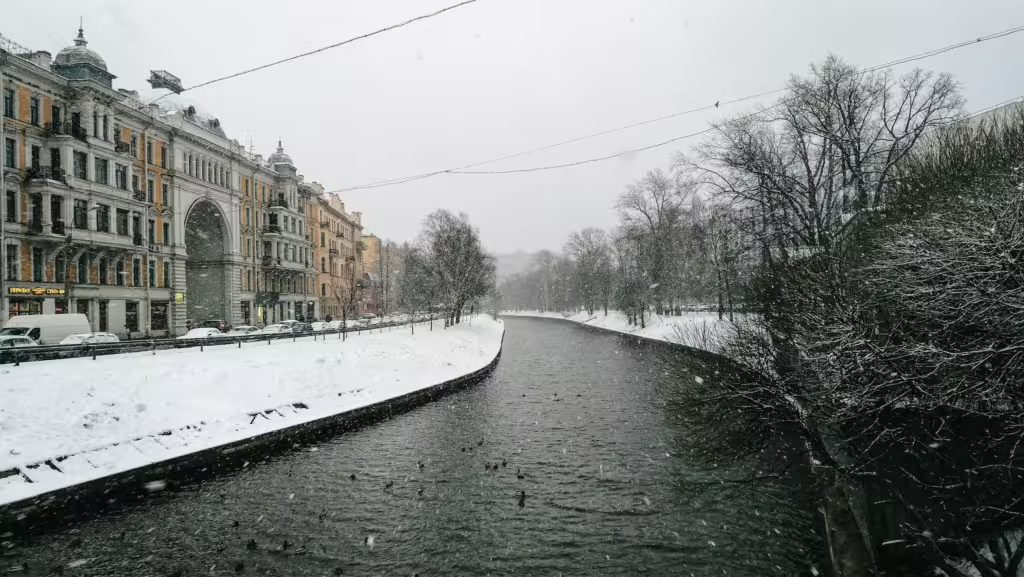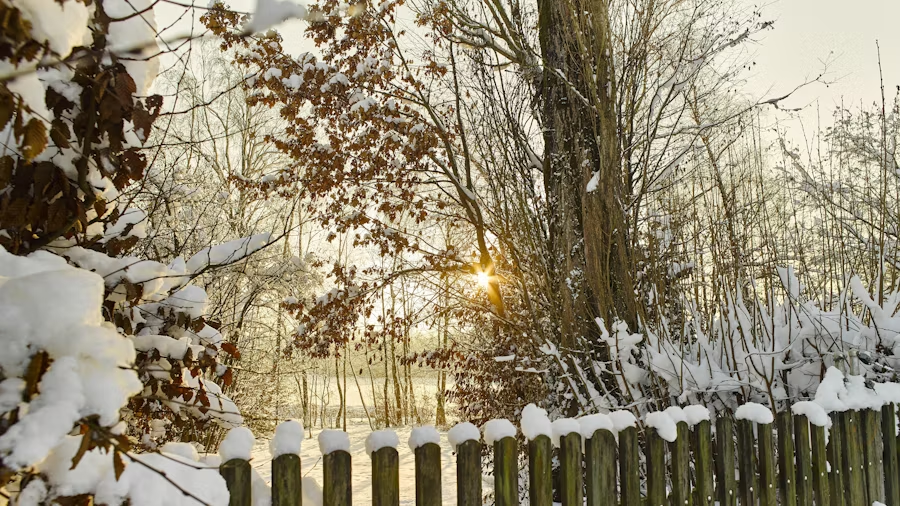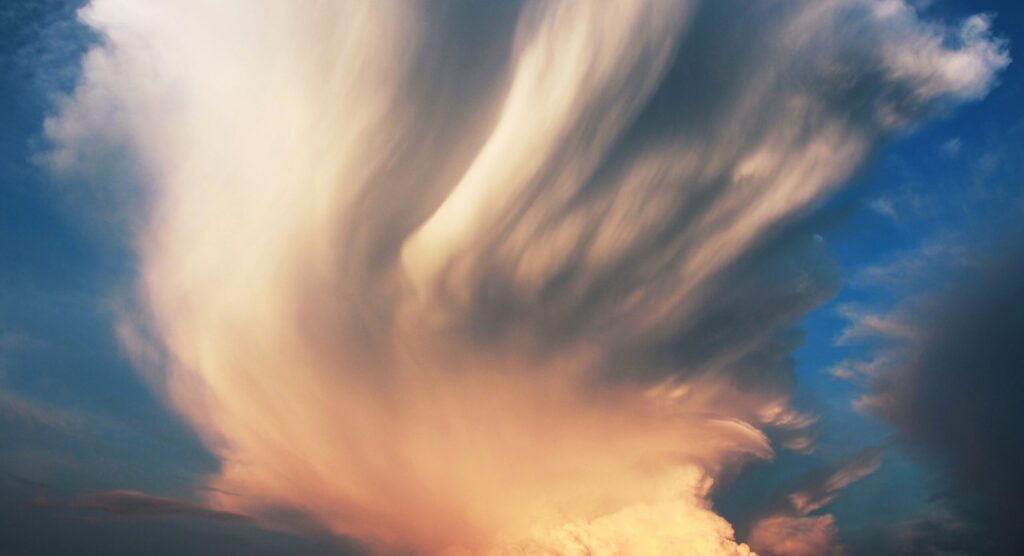Lately we've had brutally cold winters. Like in Sudbury, subject of this week's Climate Emergency whistle stop. And we are used to the fact that when summers are hot alarmists are out in force shouting about climate change, but if winter is cold they huddle indoors insisting it's just weather. But recently they upped their game, or at least their gall, saying harsh winters are caused by global warming too. See, it melts Arctic sea ice, which releases warm air, which bends the jet stream, which sends the polar vortex south to freeze your pipes. Tony Heller already showed that climate experts said the opposite in the 1970s, blaming the south-bound polar vortex on cooling. But here's another problem: A new study in Nature Climate Change says our cold winters are driven by atmospheric circulation changes not sea ice.
The new study began by noting that if melting ice were leading to heat escaping the ocean and warming the Arctic air, there ought to be evidence of heat going into the air. But there isn't any. And the timing of shrinking Arctic ice doesn't match the polar vortex events; if anything it happens afterwards not before.
So the authors theorized that something else must be going on that both cools the middle latitudes in winter and melts Arctic sea ice. Something else as in... well they're not sure. But even though they admit they don't know why winters have gotten so harsh lately, they're sure the pattern will reverse in the future. "It's very likely that winters will become less severe and they'll become warmer" according to the lead author of the study.
He doesn't know why winters have lately been more severe and colder. (Probably weather.) But he is sure that they will soon be milder and hotter. (Climate change.) This game is easy.


